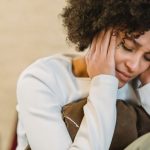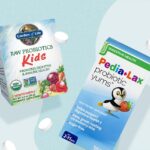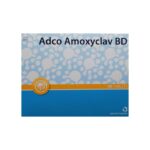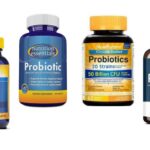How To Reverse The Side Effects Of Levofloxacin
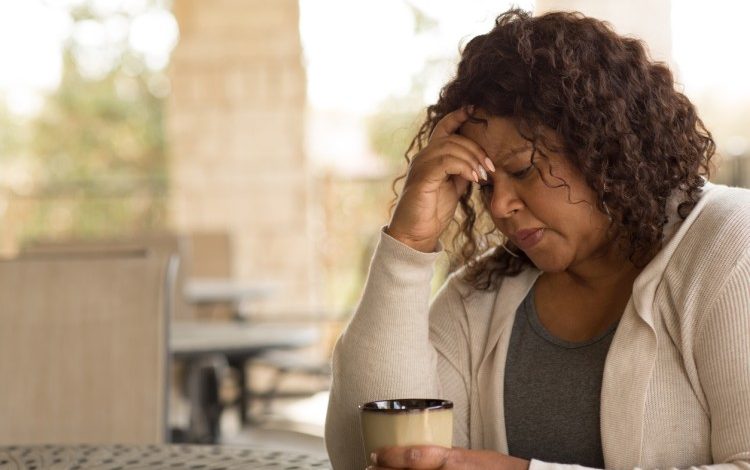
Levofloxacin is a fluoroquinolone antibiotic that fights bacteria in the body. Levofloxacin is used to treat different types of bacterial infections. Levofloxacin is also used to treat people who have been exposed to anthrax or certain types of plague.
Fluoroquinolone antibiotics can cause serious or disabling side effects. Levofloxacin should be used only for infections that cannot be treated with a safer antibiotic. Taking antibiotics when they’re not needed won’t help you, and they can have side effects. Your health care provider can decide the best treatment for you when you’re sick.
What are the most serious side effects of levofloxacin?
Serious side effects
- hives.
- trouble breathing or swallowing.
- swelling of your lips, tongue, face.
- throat tightness or hoarseness.
- fast heart rate.
- fainting.
- skin rash.
Severe aches and pains
In very rare cases, fluoroquinolone antibiotics can cause disabling, long-lasting, or permanent side effects affecting the joints, muscles, and nervous system.
Stop taking fluoroquinolone treatment straight away and see your doctor if you get a serious side effect including:
• tendon, muscle, or joint pain – usually in the knee, elbow, or shoulder
• tingling, numbness, or pins and needles
Heart problems
Fluoroquinolone antibiotics can cause serious side effects in people who are at risk of heart valve problems.
Stop taking fluoroquinolone treatment straight away and see your doctor if you get a serious side effect including:
• swollen ankles, feet, and legs (edema)
• new heart palpitations (heartbeats that suddenly become more noticeable)
• sudden shortness of breath
How long does levofloxacin side effects last?
If the patient generally has good health, the body can eliminate levofloxacin in about 30 to 40 hours, or about a day and a half to two days, but some side effects of the drug can show up as long as two months or longer after taking the medicine. Some of the adverse reactions are irreversible.
How To Reverse Side Effects Of Antibiotics
Although antibiotics like levofloxacin confer significant health benefits in treating or preventing bacterial infections, an accumulating wealth of evidence illustrates their detrimental effect on host-microbiota homeostasis, posing a serious menace to global public health. The good news is that you can reverse some of the effects of levofloxacin on your body and the following tips can help:
- Drink enough water: Levofloxacin may cause diarrhea, and in some cases it can be severe. It may occur 2 months or more after you stop using this medicine, to avoid dehydration, drink a lot of water. Signs of dehydration include peeing less than usual or having dark strong-smelling pee. Do not take any other medicines to treat diarrhoea without speaking to a pharmacist or doctor. Quinolones are eliminated by renal and nonrenal routes, levofloxacin is excreted largely as unchanged drug in the urine. The mean terminal plasma elimination half-life of levofloxacin ranges from approximately 6 to 8 hours following single or multiple doses of levofloxacin given orally or intravenously.
- Consume Probiotics: The gut microbiome plays a very important role in your health by helping control digestion and benefiting your immune system and many other aspects of health. Levofloxacin-induced imbalance of unhealthy and healthy microbes in the intestines may contribute to weight gain, high blood sugar, high cholesterol, and other disorders. Studies have shown that probiotics may induce changes in the intestinal microbiota and stabilize microbial communities. Probiotics are widely known for their ability to prevent diarrhea or reduce its severity. In one study, researchers found that taking probiotics reduced antibiotic-associated diarrhea by 42%.
- Avoid sugary food: Too much sugar can reduce beneficial bacteria leading to a leaky gut syndrome. An increase of pathogenic bacteria, which is the species of microorganisms that cause diseases, can lead to a condition known as dysbiosis. An increase of this type of bacteria causes changes to the internal mucosal barrier of the intestine. Avoiding sugary food especially when recovering from an infection and following a course of antibiotics is important because it prevents Pathogenic, or “bad” bacteria from utilizing readily available sugar to cause more harm and side effects.
- Incorporate bone broths into your diet: Bone broth is believed to reduce inflammation in the digestive system, which can alleviate some discomfort. This is believed to be linked to the soothing effect of the bone broth and its nutrients. It contains gelatin (an amazing nutrient that heals and soothes the gut lining) as well as amino acids like glutamine, glycine, and proline. You can reverse the effects of levofloxacin on your gut by drinking at least 3 cups of broth a day, ideally with the first being on an empty stomach in the morning.
- Consume fiber rich food: Fiber is important for keeping the gut healthy. Eating enough fiber can prevent or relieve constipation, helping waste to move smoothly through the body. It also encourages healthy gut microbiota. It addition fiber-rich prebiotic foods like whole grains, bananas, greens, onions, garlic, soybeans, and artichokes also act as food for healthy gut bacteria. Probiotic foods like yogurt are full of good bacteria already.
- Supplements: Levofloxacin may cause serious liver problems, including hepatitis and antibiotics are a common cause of drug-induced liver injury. Most cases of antibiotic-induced liver injury are idiosyncratic, unpredictable and largely dose-independent. Milk thistle is a great supplement for supporting liver health, and can be taken in a pill or as a tea (420mg/day in divided doses). Eating beets and carrots can stimulate and support overall liver function. Glutathione, a compound that supports liver detoxification, can be found in avocados and leafy greens. Consider incorporating these foods, as they are also beneficial prebiotics. Also, don’t forget to drink plenty of water, as it will help flush out unwanted toxins.

